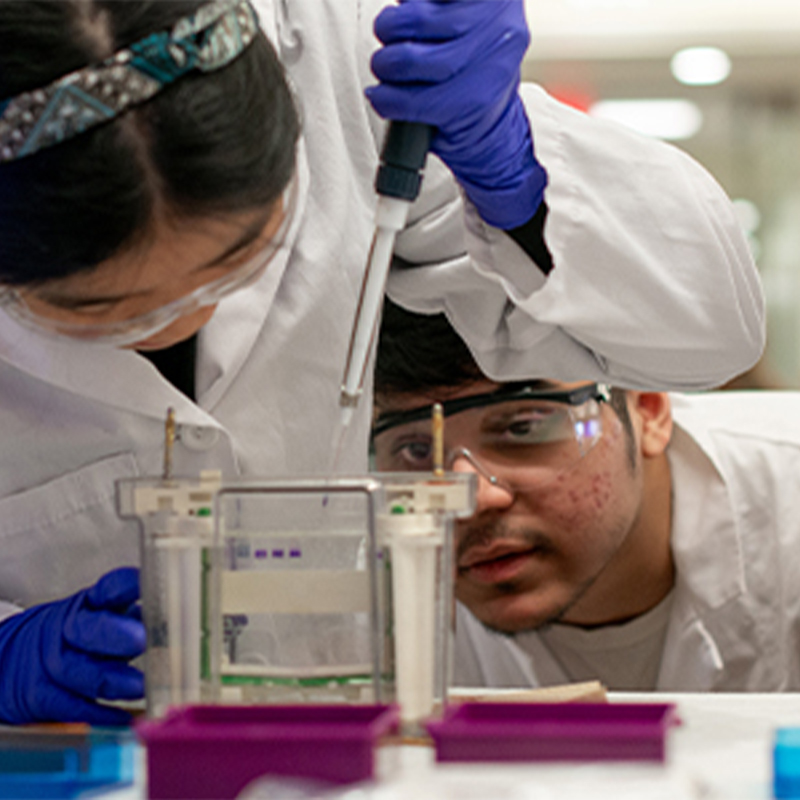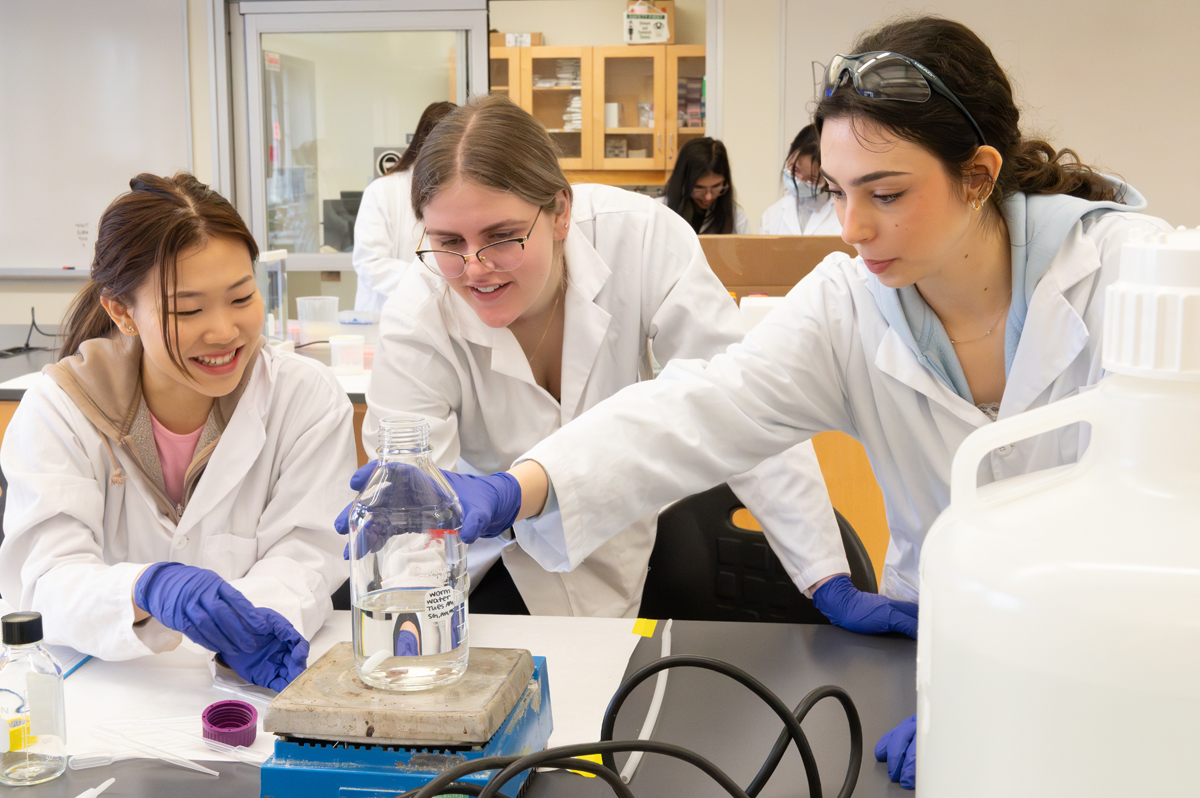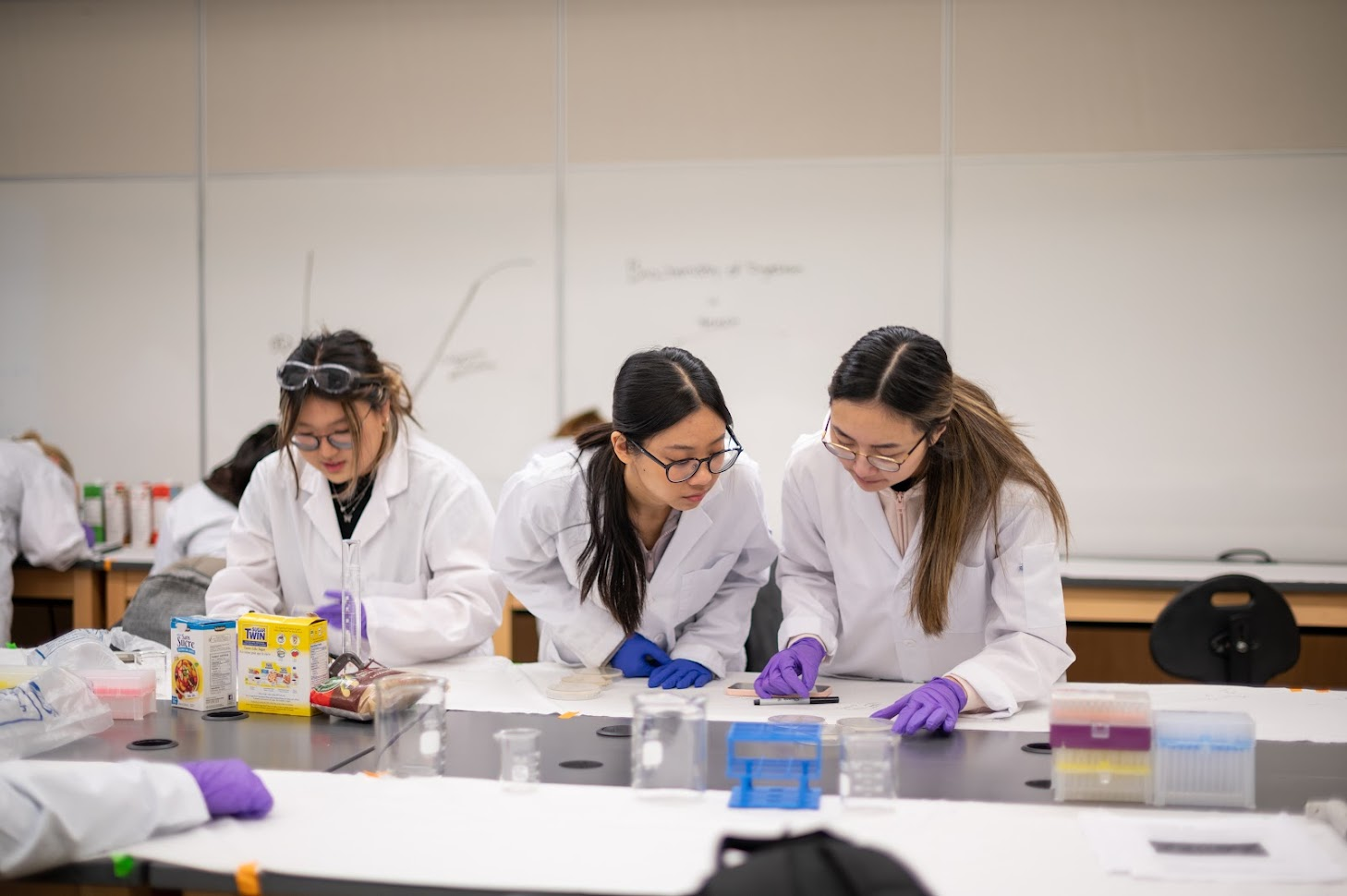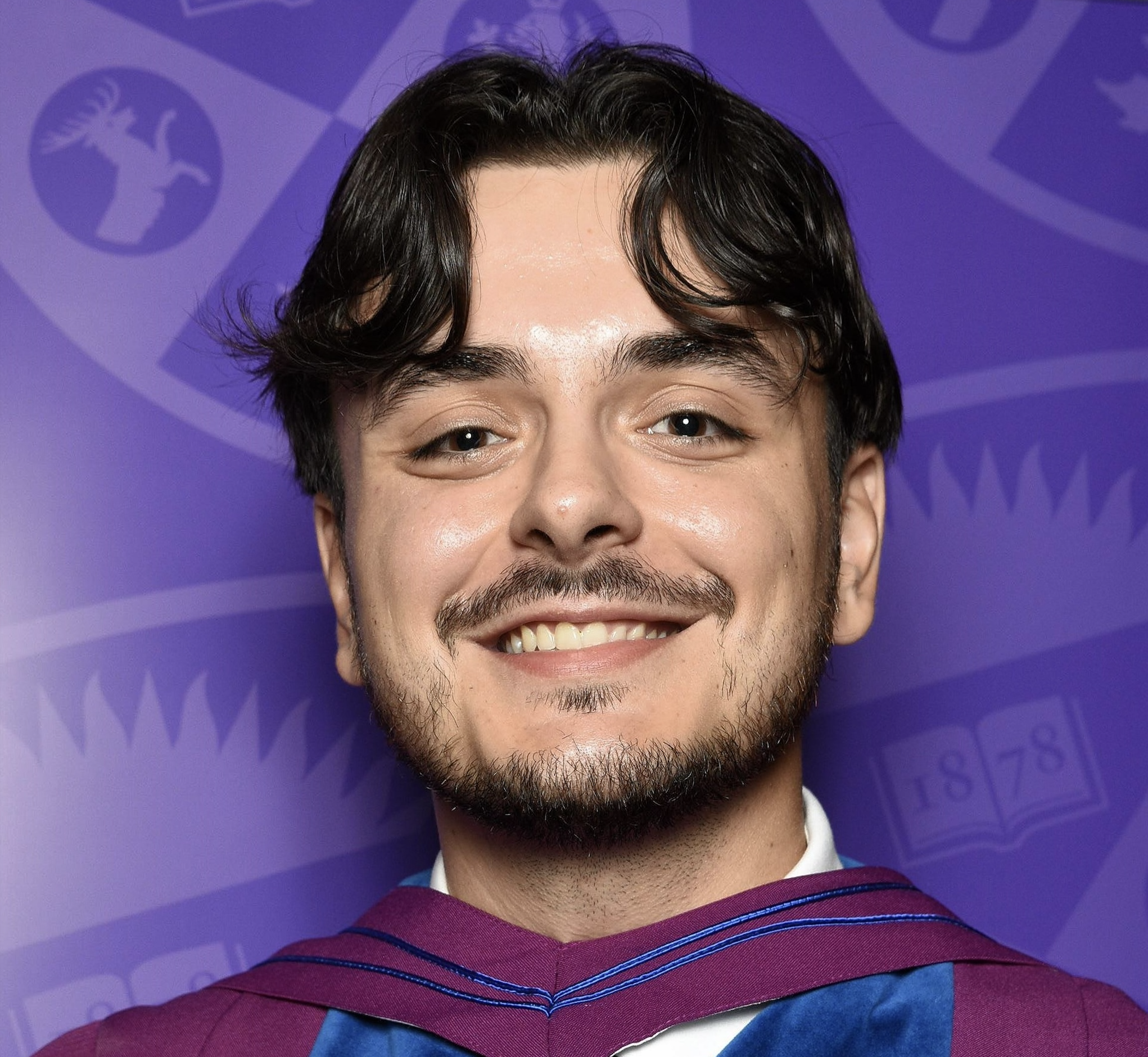Search Website
QUICK LINKS:

Physiology and Pharmacology (MSc, PhD)
Explore biological processes from the cellular-molecular level to the integrative-systemic level, and discover and understand the effects of drugs and environmental agents on these processes.
Physiology and Pharmacology (MSc, PhD)
Explore biological processes from the cellular-molecular level to the integrative-systemic level, and discover and understand the effects of drugs and environmental agents on these processes.

Physiology and Pharmacology (MSc, PhD)
Explore biological processes from the cellular-molecular level to the integrative-systemic level, and discover and understand the effects of drugs and environmental agents on these processes.
About the program
With expert faculty and a supportive collaborative environment, you'll gain the perspective and skills needed to drive discovery and impact human health.
- Program name: Physiology and Pharmacology
- Degree level: MSc, PhD
- Program duration, deadlines & requirements: See program details
- Contact: Olga Krougly okrougly@uwo.ca
- Website: Physiology and Pharmacology
Reasons to study

Diverse research settings
Departmental faculty are located at partner hospitals and research institutes across the city of London.

Exceptional research practice
Research is supplemented by course work that will develop your skills in scientific communication, critical thinking, information assessment, integration and translation.

Regular seminars
Our departmental seminar series, "The Science of Life", will help you broaden and strengthen your knowledge of physiology and pharmacology.
Fields of research
Clinical and basic pharmacology
Bone and joint
Cell, stem cell and cancer
Heart, blood vessels and lungs
Reproduction, development and metabolism
Neuroscience, neurodegeneration and cognition
Program details
Duration
Six terms (two years)
Application deadlines
This program has rolling admission dates. Complete applications are reviewed as they are received. However, here are some important dates:
- February 1 – Preferred time for application to the fall intake
- March 1 – Latest date to start program in the summer intake
- November 1 – Latest date to start program in the winter intake
Requirements
- Educational background: Honours degree (four-year degree) or its equivalent in physiology, pharmacology, toxicology, biology or a related discipline.
- Grade requirement: Minimum academic average of 80% during the final two years of the undergraduate program.
- English Language Proficiency (if your first language is not English): TOEFL - 100, IELTS - 7.0 with no individual score less than 6.0.
Duration
- Twelve terms (four years)
- Fifteen terms (five years) – transfer MSc to PhD or direct-entry PhD
Application deadlines
This program has rolling admission dates. Complete applications are reviewed as they are received. However, here are some important dates:
- February 1 – Preferred time for application to the fall intake
- March 1 – Latest date to start program in the summer intake
- November 1 – Latest date to start program in the winter intake
Requirements
Educational background:
- Honours degree (four-year degree) or its equivalent in physiology, pharmacology, toxicology, biology or a related discipline.
- MSc degree in one of the named disciplines, or an MD or DDS degree.
Grade requirement:
- Minimum academic average of 80% during the final two years of the undergraduate program.
International students :
- International students who have obtained an MSc degree from an international institution normally enter the MSc graduate program to start. After one year, research progress is assessed by the student's advisory committee and you may be transferred to the PhD program.
English Language Proficiency (if your first language is not English):
- TOEFL - 100, IELTS - 7.0 with no individual score less than 6.0.
Apply now via Western's School of Graduate and Postdoctoral Studies
Plan your finances
What it costs
Find your tuition and fees in the fee schedules available through the Office of the Registrar.
Support available
As a thesis-based graduate learner, you may be eligible to receive funding.
Check out the funding package for Physiology and Pharmacology.
Plan ahead
Managing your finances, time, and overall wellness are critical to your academic success.
Use the Graduate Student Affordability Calculator to estimate how much money you will need to pay for your tuition, fees, housing, food, and other necessities for a 12-month (three-term) academic year.
Career resources & opportunities
As a Western graduate student, you have access to an abundance of quality professional development opportunities, which make it simple for you to self-direct your learning and development, maximize the value of your degree, and ease your career transition.
Own Your Future
Upskilling graduates for success
Internship program

After graduation
Graduates of the Physiology and Pharmacology program pursue diverse and rewarding careers in academia, biological and industrial research, regulation, consulting, and more.
In their words

Serge Lucaciu, PhD in Physiology & Pharmacology, 2024
Personalizing your graduate journey
Have questions? Connect with us!
Contact our program coordinator for more information on the program and finding a supervisor, or get your questions answered.
Olga Krougly
Graduate Administrator
okrougly@uwo.ca
Your life at Western
Campus life
Connect, explore, and thrive on our close-knit campus.
Campus tours
Campus tours are available for anyone interested in attending Western.
About London, Ontario
Discover all that Western and London have to offer.